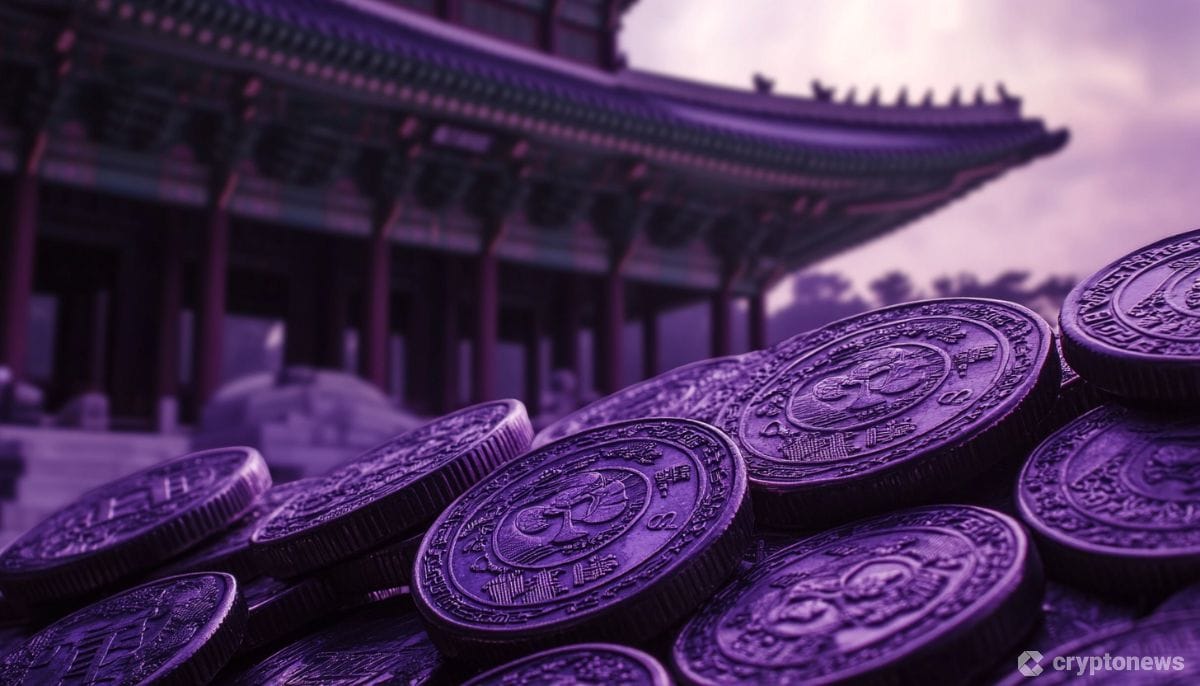South Korean industry chiefs and central bank executives are urging the government to urgently regulate tokenized securities in the country. At a Korea Securities Association summit on August 27, officials from various sectors called for action, stating that digital assets represent the future direction of the financial market. The Director of Digital Currency Policy at the Bank of Korea emphasized the need for tokenization of digital assets and payment methods, with the central bank playing a key role in providing settlement assets for safe digital asset transactions. The Chairman of the KSA also stressed the importance of detailed legislation to prevent financial market instability and ensure consumer protection, urging the government to legalize tokenized securities.
Industry leaders, including representatives from Mirae Asset, one of South Korea’s largest securities firms, highlighted the benefits of legal recognition of distributed ledgers and the potential for blockchain technology to become a core component of the financial industry. Participants in a panel discussion echoed the need for relevant laws for the STO industry and government support for companies entering the virtual assets market. It was noted that multiple South Korean companies have already prepared STO platforms, with banks predicting that the nation’s STO market could be worth $287 billion by 2030. Media analysts also report that major commercial banks are preparing to enter the sector.
Global regulators are expected to turn their attention to the STO markets, with experts suggesting that the tokenization of de-materialized markets like equities could optimize settlements and reduce opportunity costs. CoinMetro’s CEO and Founder, Kevin Murcko, believes that the tokenization drive will extend beyond securities to historically illiquid markets such as art and gems. Tokenizing real-world assets has the potential to increase liquidity, making it easier to source, fund, and exit investment options in traditionally illiquid markets. As the world moves towards blockchain technology and digital assets become increasingly important in financial markets, Seoul faces pressure to establish comprehensive legislation for tokenized securities.
In light of the growing importance of digital assets and the increasing relevance of blockchain technology in financial markets globally, South Korea cannot afford to fall behind in this trend. The urgency for regulating tokenized securities and supporting the STO industry is crucial for the country to remain competitive and innovative in the evolving financial landscape. With major players in the industry pushing for legalizing tokenized securities and advocating for a supportive regulatory framework, South Korea has the opportunity to establish itself as a leader in blockchain innovation and the digital asset market. By systematically reorganizing the financial sector’s infrastructure to accommodate STOs and facilitating easy access for companies entering the virtual assets market, Seoul can create a conducive environment for growth and development in the STO sector.
As South Korea’s birth rate declines and population concentrations in major cities like Seoul continue to rise, the country must adapt its regulatory framework to address the changing landscape of the financial industry. By legalizing tokenized securities and implementing detailed legislation, South Korea can prevent financial market instability and protect consumers while fostering innovation and growth in the STO sector. With industry leaders and central bank executives calling for urgent action and support for companies entering the STO market, South Korea has the opportunity to capitalize on the potential of tokenized securities and blockchain technology to drive economic growth and competitiveness in the digital asset market. With global regulators also likely to focus on STO markets in the future, South Korea can position itself as a key player in the emerging landscape of tokenized securities and digital assets.










